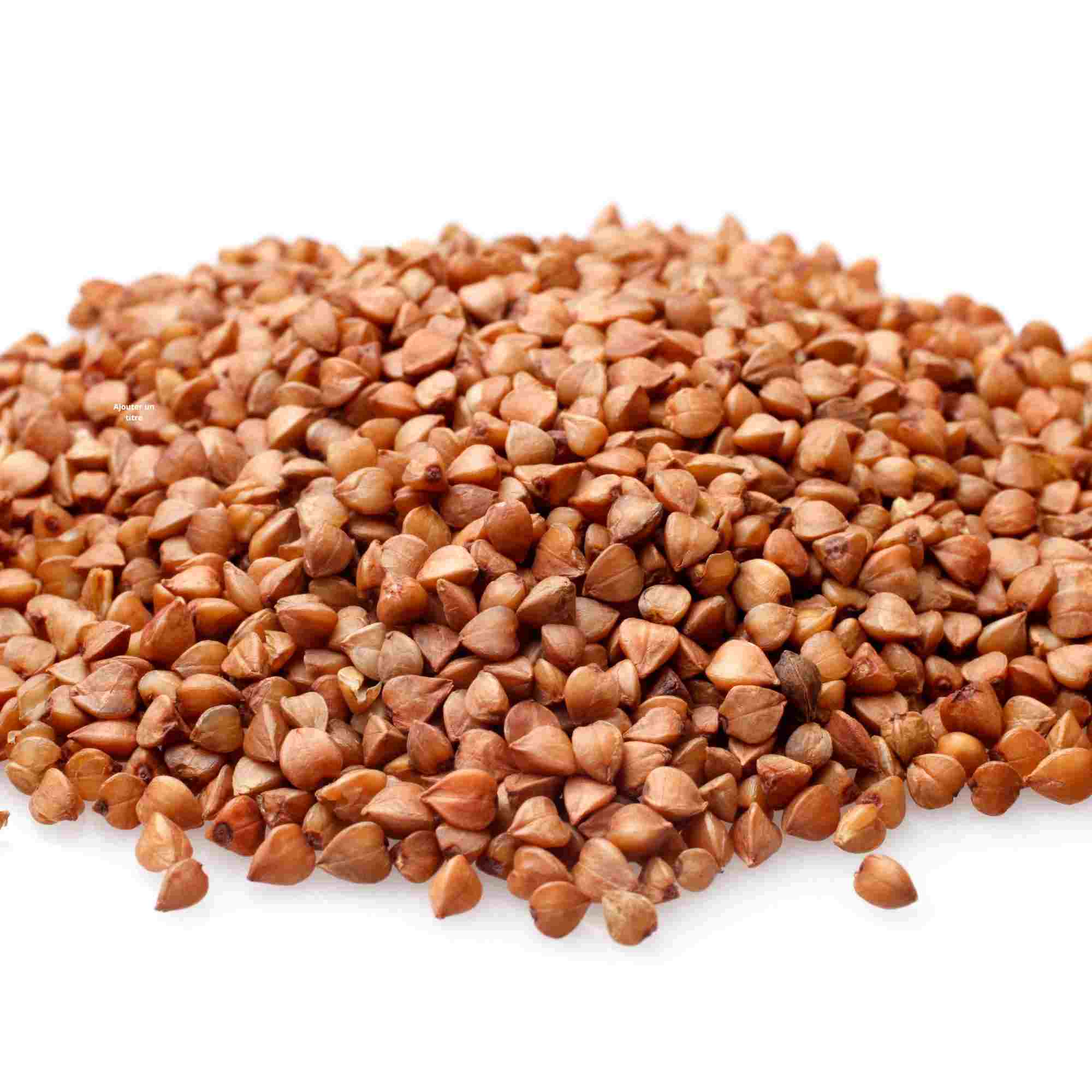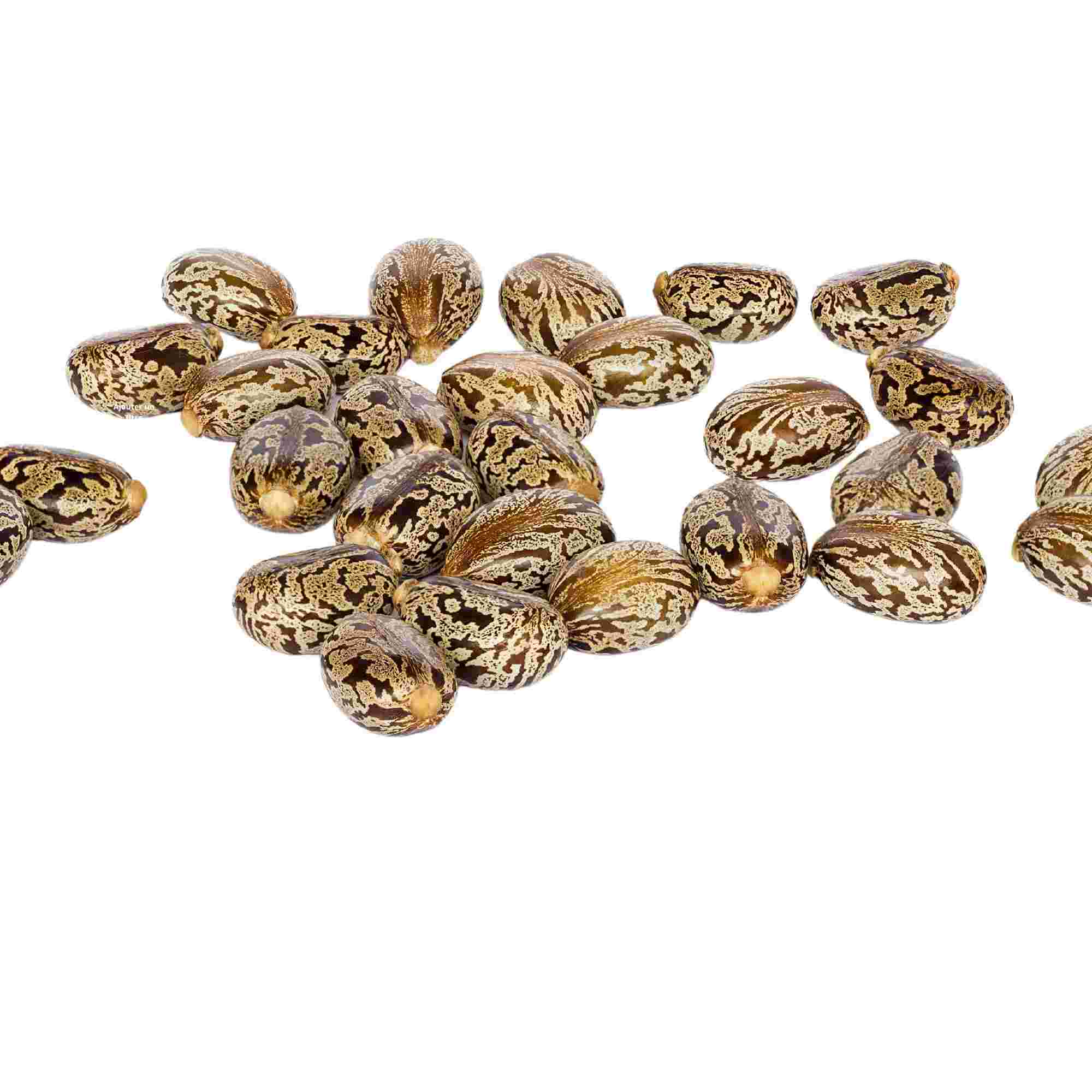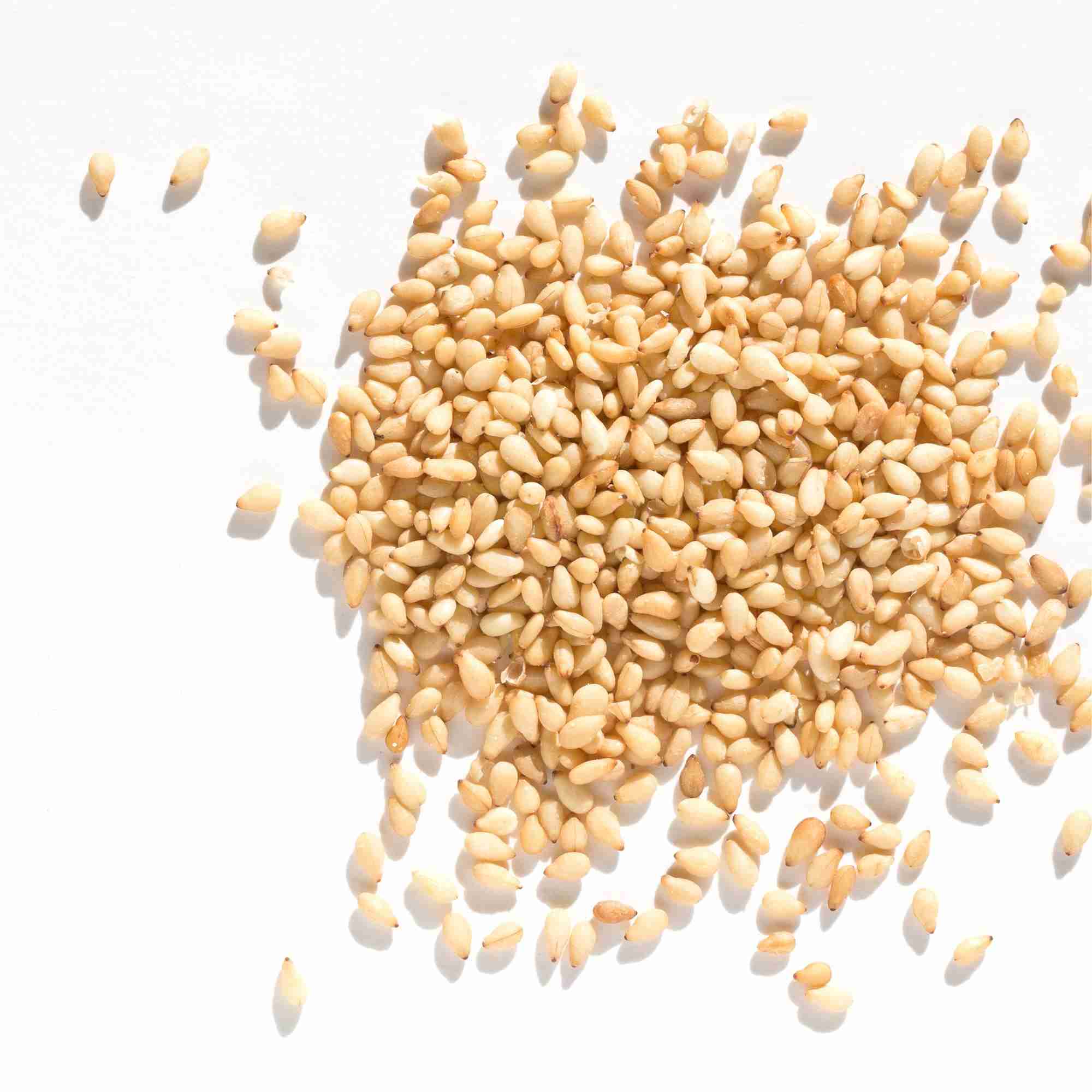Definition of buckweat oil
Vegetable buckweat oil is extracted from Fagopyrum esculentum seeds. Even though it is often considered as a ceral, buckweat is in reality a herbaceous plant from the family of Polygonacees. Used for centuries for its nutritive and medical virtues, buckweat oil is today known for its exceptional properties in cosmetics, notably for eye contour cares.
Action and benefits of buckweat oil
Property of buckweat oil: hydration and nutrition
Buckweat oil is rich in natural and essential fatty acids, notably in linoleic acid (omega 6) and oleic acid (omega 3). These lipids help to maintain skin hydration and reinforce the skin barrier, leaving the skin soft and supple.
Property of buckweat oil: antioxidant effect
Thanks to its content of polyphenols and vitamin E, buckweat oil owns powerful antioxidant properties. It helps neutralizing free radicals, thus protecting skin against oxidation damages and skin aging.
Property of buckweat oil: reduction of inflammations
The phytosterols contained in buckweat oil contribute in reducing inflammations and soothing skin irritations. It makes it an ideal ingredient for sensitive skins and skins prone to redness.
Property of buckweat oil: enhancing microcirculation
Buckweat oil contains rutin, a flavonoid that reinforces capillaries and improves microcirculation. It helps reducing eyebags and dark circles under the eyes while stimulating lymphatic drainage.
Property of buckweat oil: emollient properties
By forming a protection layer on the skin, buckweat oil prevents from dryness and protects the skin against external agressions. It leaves the skin hydrated, nourished and protected.
Clinical and scientific studies on buckweat oil
Studies have demonstrated the benefits of buckweat oil for the skin. For example, a research publisheed in the "Industrial Crops and Products" reveales that this oil is rich in flavonoids, notably in rutin and quercetin. These components give to the extract a strong antibacterial and antioxidant activity, making buckweat oil a promising potential for skin health.
Sourcing of buckweat oil
Buckweat oil is obtained from seeds mainly cultivated in Europe, notably in France and in Russia. These regions offer ideal climatic conditions for the buckweat culture, with fertile soils and a temperate climate. Buckweat thrives in well-drained and slightly acid areas, often in rotation with other cultures to preserve the soil quality. To guarantee a high-quality oil, the buckweat seeds are cultivated when ripe, then pressed while it is cold to extract the oil, thus preserving their nutritive and cosmetic properties.
Anecdotes of buckweat oil
The use of buckweat dates from several centuries ago, particularly in Asia and Eastern Europe, where it was used for its nutritive and medical properties.
In Europe, the Breton farmers for instance, were known for using buckweat flour, bread dough or even buckweat cooking water to soothe sunburns, eczema and other skin irritations.
In China, buckweat was used as an ingredient in creams and lotions to hydrate and brighten the skin.
Buckwet oil in our products
We particularly like buckweat oil for its remarkables benefits, this is why we have integrated it in our eye contour serum. Its capacity to nourish and deeply moisturize makes it a precious ingredient to treat this fragile area. Moreover, its decongesting properties enable to reduce eyebags and dark circles.
Sources :
- Lijun Wang, Xiushi Yang, Peiyou Qin, Fang Shan, Guixing Ren. Flavonoid composition, antibacterial and antioxidant properties of tartary buckwheat bran extract. Industrial crops and products (2013).




